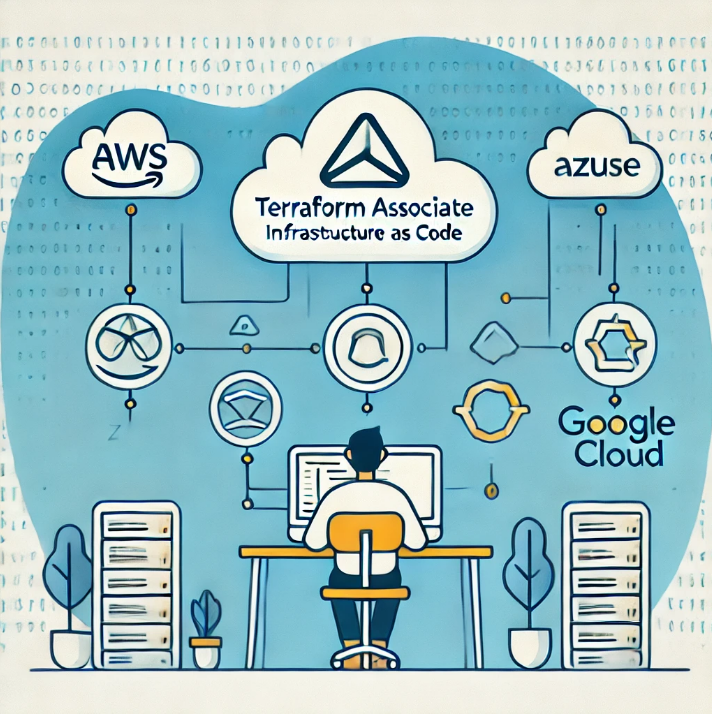Ethical Hacking Course
Thu, 10 Oct 2024

Follow the stories of academics and their research expeditions

In today's digital world, IT security is more important than ever. Protecting our information from cyber threats is crucial with so much of our personal and business lives online. This article will explain the basics of IT security, how to implement it, and why it's so important.
IT security, or information technology security, is all about protecting computers, networks, and data from unauthorized access or attacks. It's like having a lock on your front door but for your digital information. There are three main components of IT security:
Confidentiality: Making sure only the right people can see the information.
Integrity: Making sure information is accurate and hasn't been tampered with.
Availability: Ensuring information is available when needed.
Implementing IT security involves several best practices to keep networks and data safe:
Strong Passwords: Create passwords that are hard to guess. Change them often and don't use the same password for different accounts.
Authentication: Use two-factor authentication (2FA) to add an extra layer of security. This means even if someone gets your password, they still need a second form of verification.
Firewalls: Firewalls act as a barrier between your network and potential attackers. They filter incoming and outgoing traffic to block harmful data.
Intrusion Detection Systems: These systems monitor network traffic for suspicious activity and alert you if there's a potential threat.
IT security is crucial for several reasons:
Protecting Sensitive Data: Personal information, financial records, and business secrets need to be protected from hackers.
Preventing Cyber Attacks: Cyber attacks can lead to data breaches, financial loss, and damage to your reputation.
Ensuring Business Continuity: Keeping your systems secure ensures that your business can continue to operate smoothly without interruptions.
Compliance: Many industries have regulations that require companies to protect their data.
Understanding the threats is the first step in protecting against them. Here are some common IT security threats:
Malware: Bad software that harms or takes advantage of any device or network.
Ransomware: A type of malware that locks you out of your system or data until you pay a ransom.
Phishing: Scammers use fake emails or websites to trick you into providing personal information.
Social Engineering: Attackers use psychological manipulation to trick people into divulging confidential information.
Insider Threats: Employees or other insiders with access to sensitive information who misuse it.
There are various tools and technologies to help protect your data and systems:
Antivirus Software: Helps detect and remove malicious software.
Encryption: Turns data into a code so only authorized people can read it. Even if data is intercepted, it can't be read without the decryption key.
Data Protection Tools: These tools help secure data at rest, in transit, and in use.
Security Information and Event Management (SIEM): These systems provide real-time analysis of security alerts generated by hardware and software.
Policies play a crucial role in IT security. They set the rules for how data should be protected and how employees should handle sensitive information:
Creating Policies: Develop clear security policies that outline acceptable use, data protection, and incident response.
Enforcing Policies: Ensure that all employees follow these policies. Regular training and awareness programs can help.
Incident Response Planning: Make a plan for how to react to security problems. This should include steps for containing the threat, assessing the damage, and recovering from the incident.
In conclusion, IT security is vital for protecting our digital lives. By understanding the key concepts, implementing best practices, and staying aware of potential threats, we can keep our information safe. As technology continues to evolve, so too must our approach to IT security. The need for robust security measures will always be a top priority in our increasingly connected world.
Learn More about Digital Marketing and see who is the Youngest SEO Expert in the World.Thu, 10 Oct 2024

Sun, 22 Sep 2024

Sat, 21 Sep 2024
